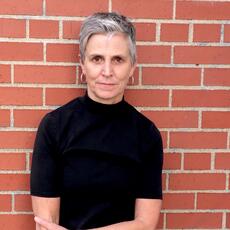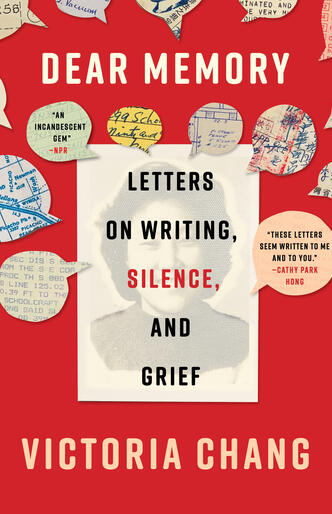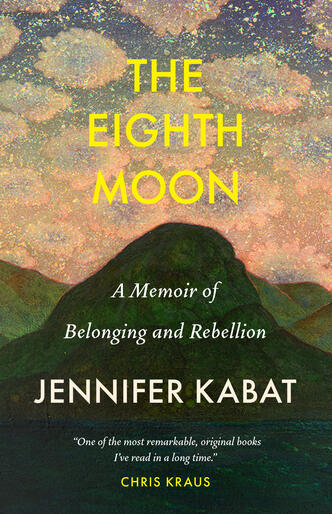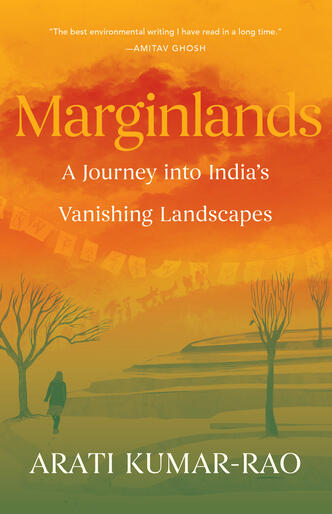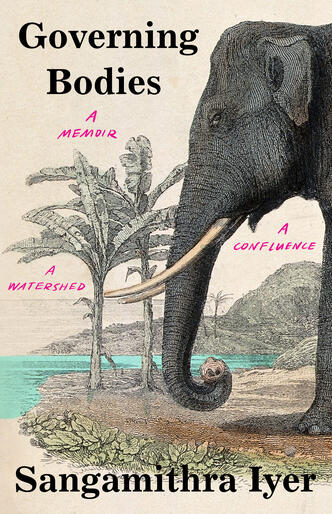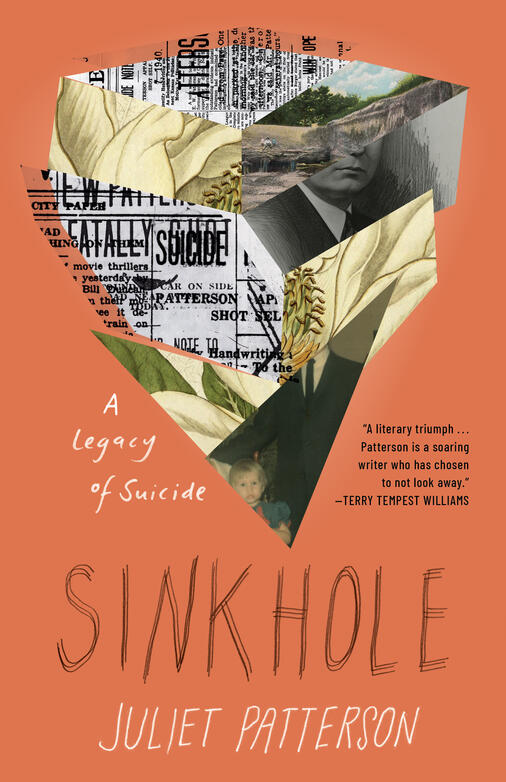
Sinkhole
“A literary triumph…Sinkhole resurrects our dead from the sorrow and silences surrounding suicide and gives voice to the whys of their voiceless acts.”—TERRY TEMPEST WILLIAMS
“A literary triumph.”—Terry Tempest Williams
“A master class in the way truth can pry open the deepest cellar, how language can calm a raw, ragged soul.”—Margaret Renkl
A haunting and sublimely elegant memoir that reckons with the violence we inflict on the land and ourselves.
When Juliet Patterson’s father dies by suicide, she is left with a grief shaped not only by loss, but by legacy. His death repeats a disturbing pattern in her family: Her father’s father had taken his own life, and so had her mother’s. Over the weeks and months that follow, Patterson is haunted by questions: Why had her family lost so many fathers? What kind of despair echoes across generations?
In three graceful movements, Sinkhole travels from the raw intimacy of mourning to the abandoned coal mines of southeastern Kansas, where the land itself bears scars of collapse. Sinkholes become a powerful metaphor for what is kept buried—family history, masculinity, violence, and the unspoken forces that shape both people and place. In her parents’ hometown, Patterson carefully gathers evidence and radically imagines the final days of the grandfathers she never knew. And ultimately, she returns to her father, confronting regret, memory, and the tender work of saying goodbye.
A stunning braid of personal, political, and environmental histories, Sinkhole is both elegy and excavation: a profound meditation on loss, inheritance, and what it means to break a cycle.
